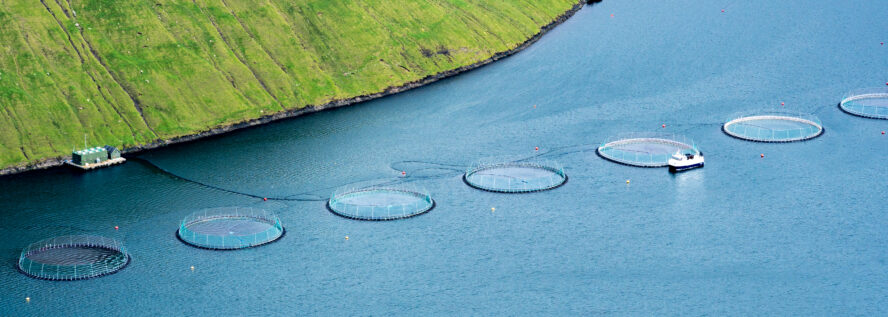Fisheries support about 3.3 billion people with protein. This makes their industry a key target for sustainable agriculture efforts as the growth of the aquaculture market is expected to surpass poultry in the global protein supply chain by the end of this year. Canada, the EU, the FAO, and New Zealand are just a few of the governments and agencies that have provided guidelines and programs to support the efforts of sustainable farm fishing. Despite this growth support, aquatic farmers are facing challenges with the aquafeed supply and are on the hunt for alternative options.
One way the fishing industry may become more sustainable could be by pivoting away from traditional fishmeal to plant-based options for raising carnivorous fish. The high fiber content and lower digestibility of plant material has restricted its application in fish feed for some time, however, research in Portugal highlights the possibility of using these unconventional ingredients as protein sources after fermentation with the fungus Aspergillus niger. A related fungus, Aspergillus ibericus, has also been studied for its fermentative ability to increase the nutritional quality and subsequent growth performance of sea bass using agro-industrial byproducts. Not all research in this area utilizes fungi- lactic acid bacteria are finding uses in this segment as well by promoting long-term gut health in Salmon with diets containing fermented, cost-effective plant meal.
Achieving sustainable farming is a cross functional effort involving farmers, food processors, researchers, waste management, NGOs, retailers, and consumers. Where else do you see fermentation supporting sustainable food production?

